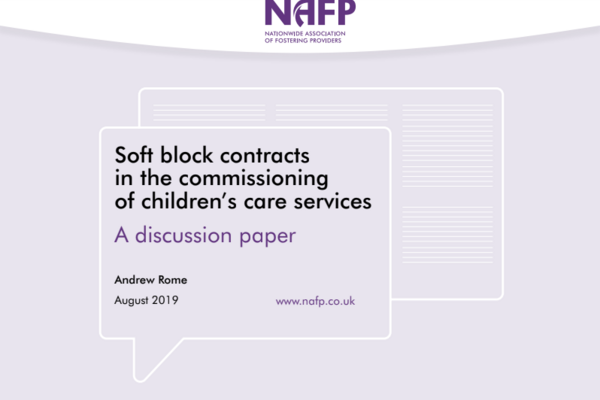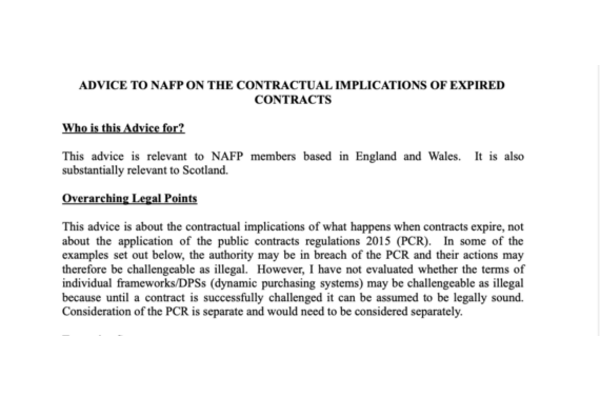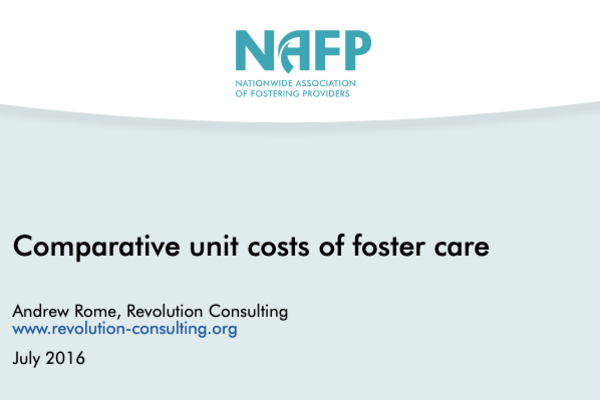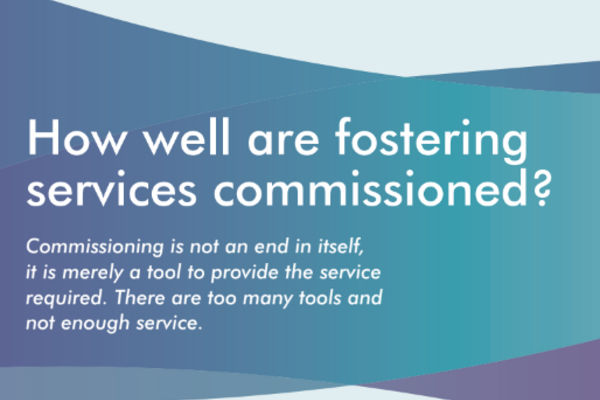A substantial majority of current practice in contracting of placements for children by local authorities with independent sector providers is a version of spot contracting. It makes for an inefficient and unmanaged sector economically. The most influential factor on economic efficiency for providers is the occupancy rate of their services. Commissioners have the potential to directly influence occupancy through tools such as block contracting.
Traditional block contracts move the occupancy risk away from the provider and onto the purchaser. There are clear examples (including the Cross Regional Project referenced by recent reports on the sector by Sir Martin Narey) where that shift has resulted in better outcomes for children allied to lower prices for the purchaser and stability of income for the provider. A clear win-win-win situation.
Purchasers are understandably fearful of over-commitment to block contracts and the risk that the local authority may end up paying for voids. Soft block contracting mitigates against and manages that risk. Through thoughtful analysis of the elements of current contracting practice, it is possible to engineer a new form of block contract that gives all parties the opportunity to manage any anxieties they may have about the commitment they may be making.









